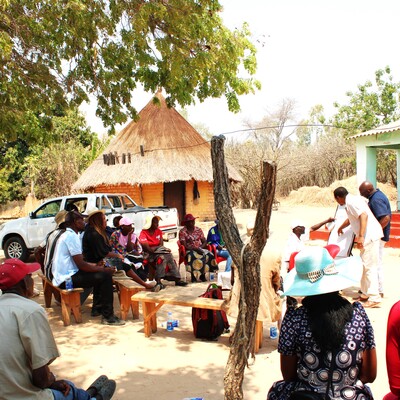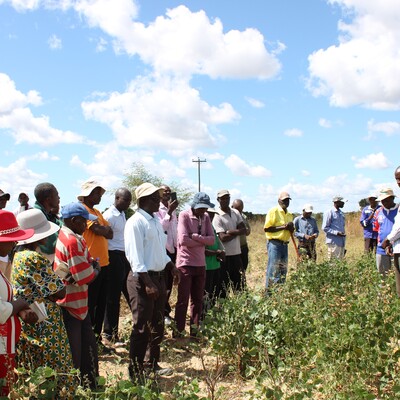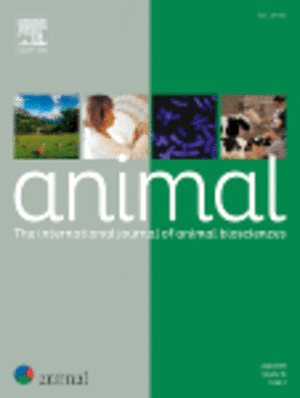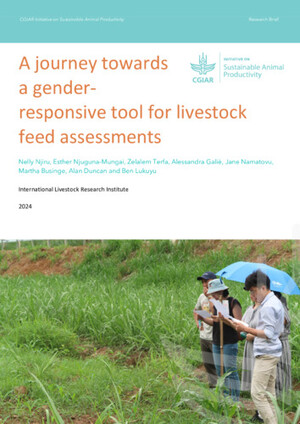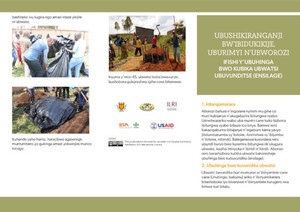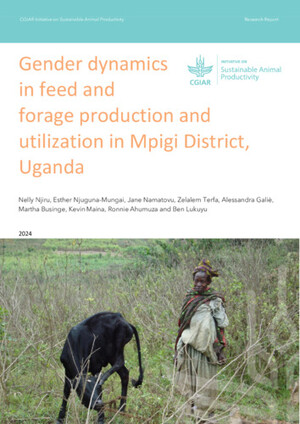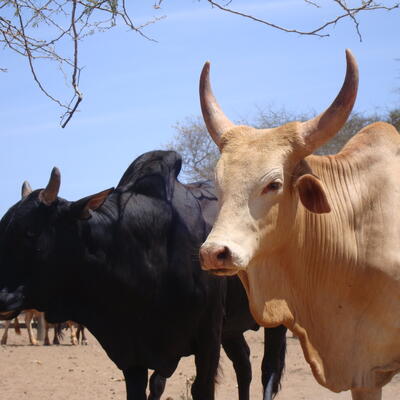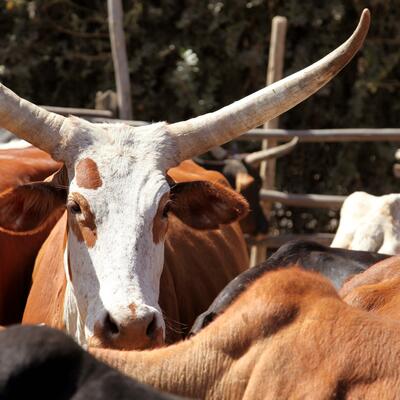
The Livestock and Climate Solutions Hub
The Livestock and Climate Solutions Hub for low- and middle-income countries (LMICs) is an innovative and dynamic platform designed to support countries in their transition to sustainable, low-emission livestock systems. By uniting research, innovation, and partnerships, the Hub will accelerate practical solutions to the intertwined challenges of climate change and livestock production.
What is the Hub for?
The Hub’s mission is to:
- Develop and scale climate-smart livestock innovations.
- Enhance resilience and productivity in diverse livestock systems.
- Reduce greenhouse gas emissions while supporting smallholder farmers’ and pastoralist livelihoods.
- Guide countries in meeting their climate goals under the Paris Agreement.
Key focus areas are:
- Innovations: From methane-reducing feed technologies to heat-tolerant livestock breeds.
- Partnerships: Co-developing and scaling solutions with local and global stakeholders.
- Policy Support: Guiding countries to integrate livestock strategies into climate action plans.
- Capacity Building: Strengthening institutions to lead transformative change.
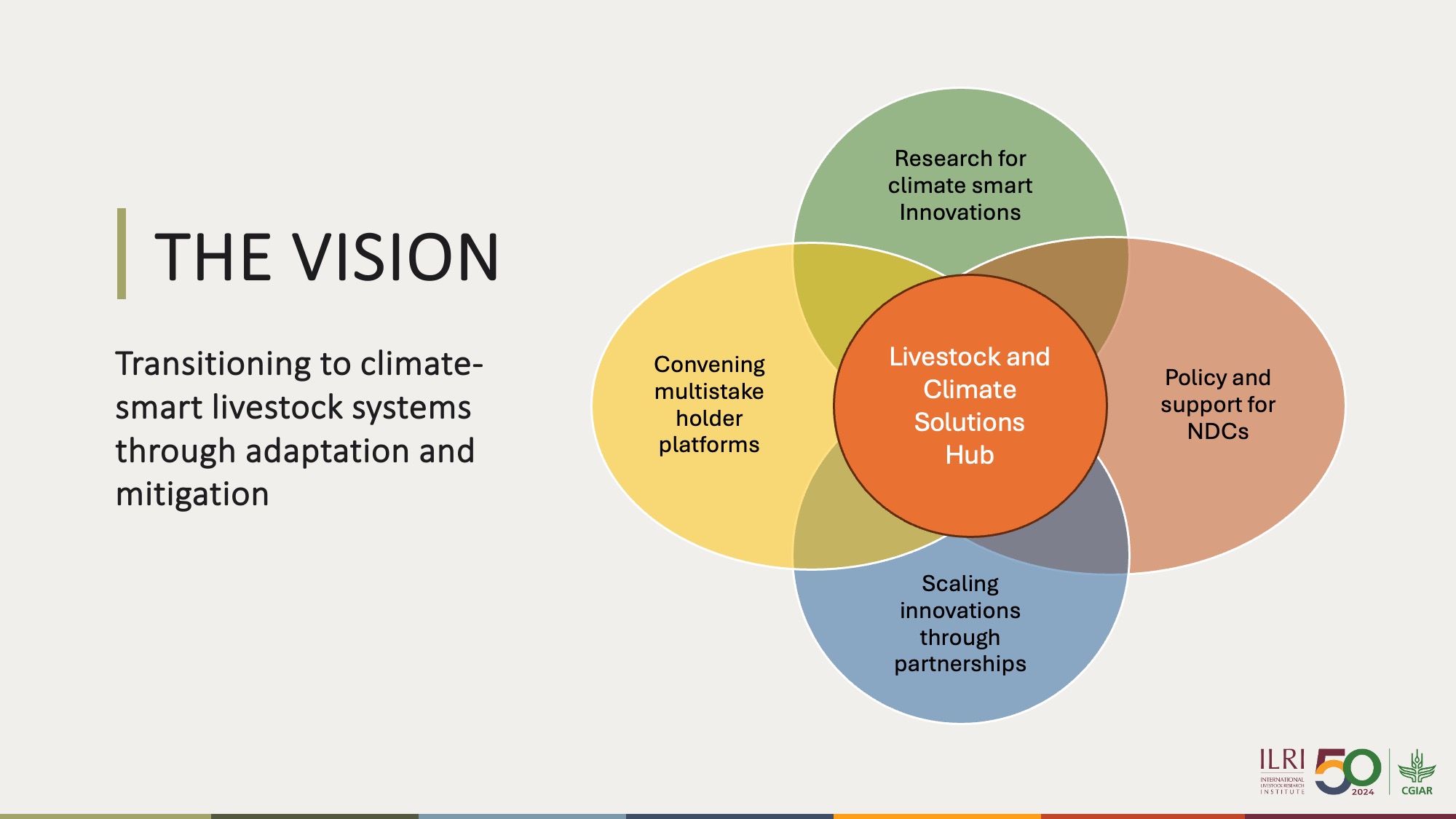
What’s innovative about it?
Unlike fragmented efforts, the Hub offers a unified approach tailored to LMICs, combining:
- Cutting-edge animal nutrition, health, genetics, and environmental solutions.
- Climate-smart technologies adapted to smallholder and pastoral systems.
- Collaborative platforms to share knowledge, coordinate actions, and drive impact.
It leverages the strengths of ILRI, CGIAR, and global partners to deploy integrated solutions that tackle emissions, boost productivity, and support sustainable development.
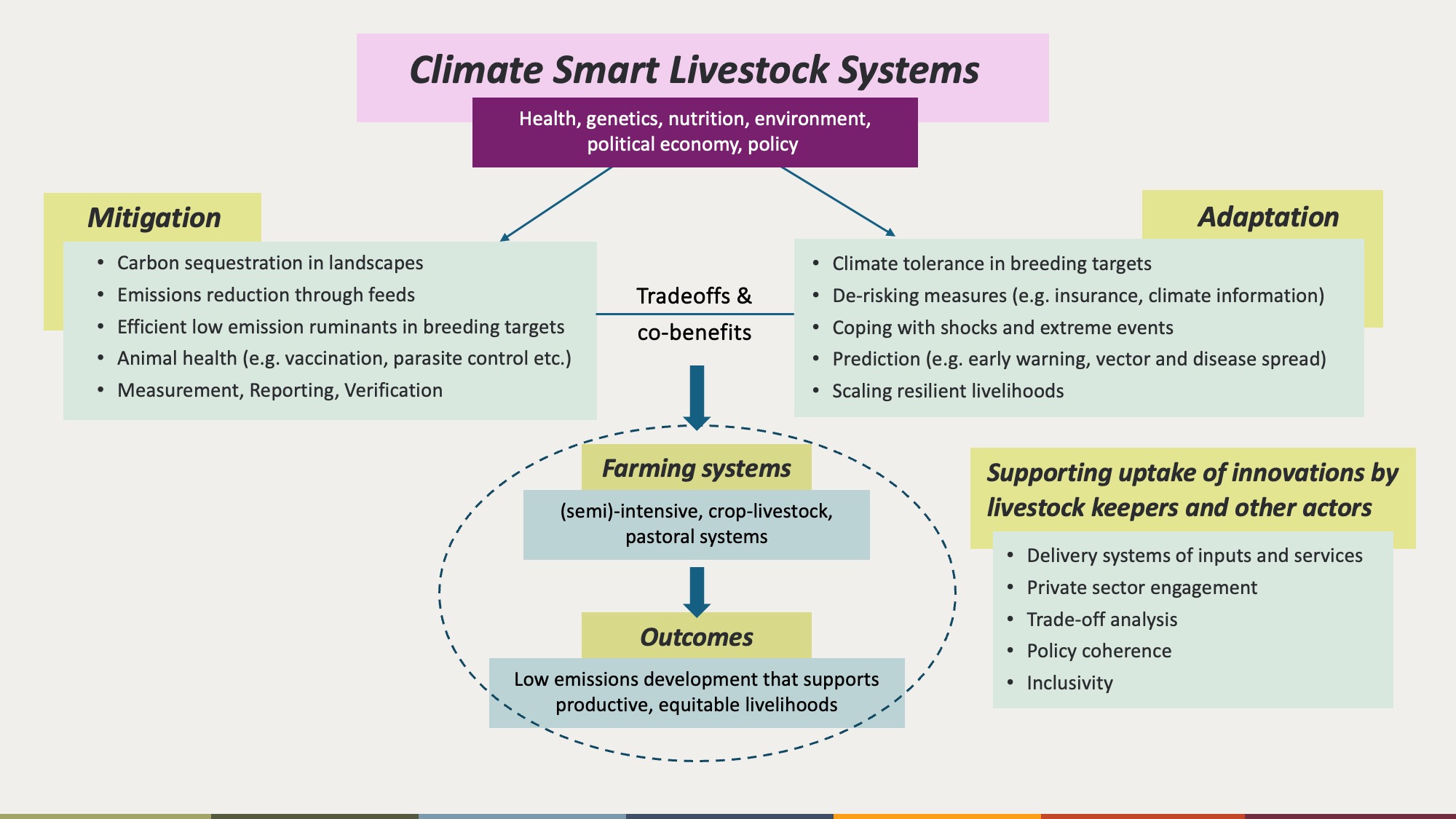
Who’s involved?
The Hub brings together a diverse coalition, including:
- Research institutions like ILRI's Mazingira Center, CGIAR centers Alliance of Bioversity-CIAT and ICARDA, Scotland's Rural College (SRUC), University of California, Davis (UC Davis), and Wageningen University & Research (WUR).
- Global innovation leaders like the Global Methane Hub.
- Private sector partners to scale research innovations as well as technology development and deployment.
- Local and regional actors in LMICs, such as National Agricultural Research Systems (NARS), to co-design and implement solutions.
Why does it matter?
Livestock systems in LMICs face mounting pressures from climate change, including extreme weather, shrinking feed supplies, and disease outbreaks. With livestock emissions set to grow as demand rises, the challenge is clear: How can we produce more with less impact?
The Hub aims to deliver a 'triple win':
- Adapt livestock systems to withstand climate change.
- Mitigate greenhouse gas emissions, especially methane and nitrous oxide.
- Improve livelihoods and nutrition in vulnerable communities.
--
Banner image: A farmer listens to agro-climate advisories on her mobile phone while working in the cowshed at her home in Anjanthalli, India. Photo CCAFS Prashanth Vishwanathan








